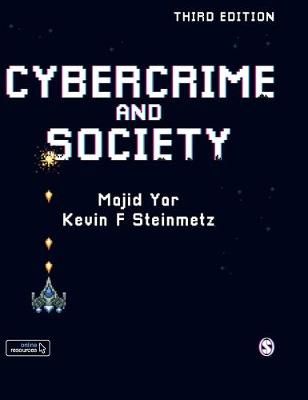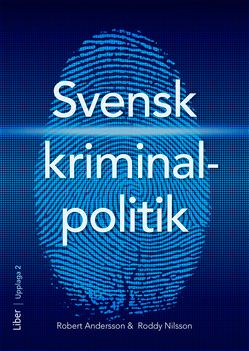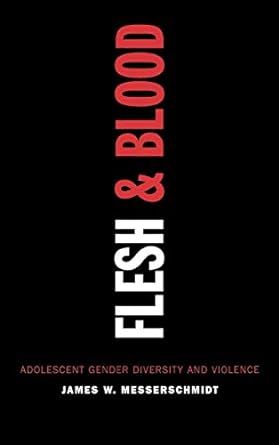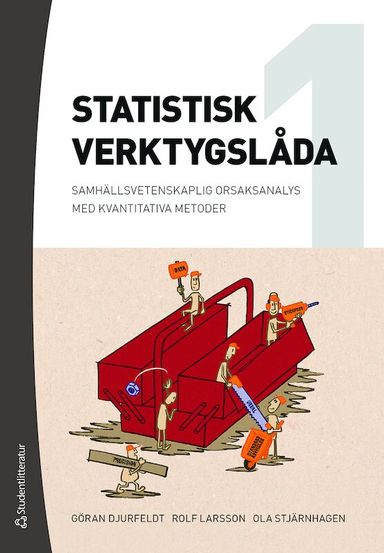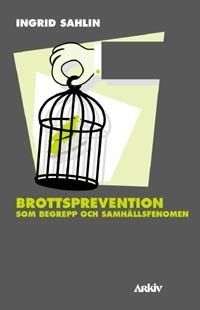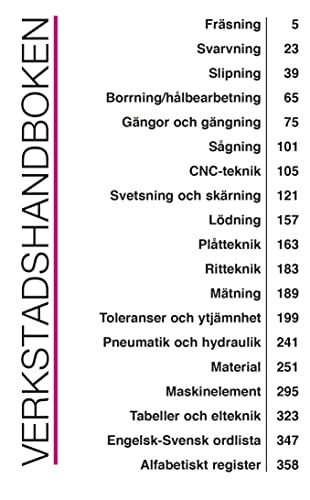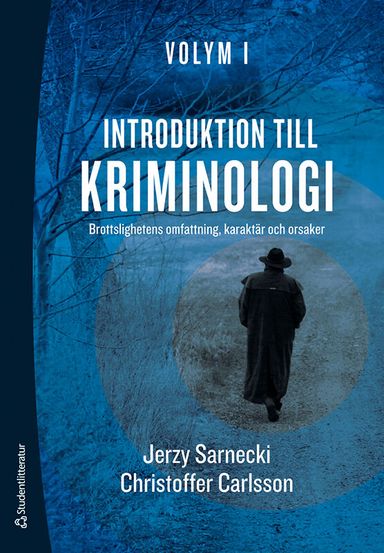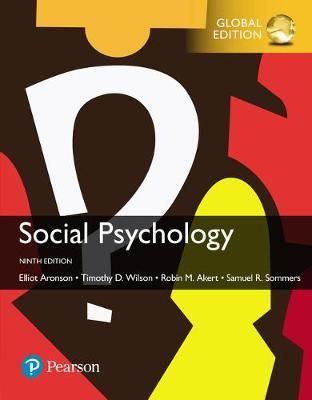

Media and Crime Upplaga 3
- Upplaga: 3e upplagan
- Utgiven: 2015
- ISBN: 9781446272534
- Sidor: 352 st
- Förlag: SAGE Publications Ltd
- Format: Häftad
- Språk: Engelska
Om boken
This book critically examines the complex interactions between media and crime.
Written with an engaging and authoritative voice, it guides you through all the key issues, ranging from news reporting of crime, media constructions of children and women, moral panics, and media and the police to 'reality' crime shows, surveillance and social control.
This third edition:
Explores innovations in technology and forms of reporting, including citizen journalism.
Examines the impact of new media including mobile, Internet and digital technologies, and social networking sites.
Features chapters dedicated to the issues around cybercrime and crime film, along with new content on terrorism and the media.
Shows you how to research media and crime.
Includes discussion questions, further reading and a glossary.
Now features a companion website, complete with links to journal articles, relevant websites and blogs.
This is essential reading for your studies in criminology, media studies, cultural studies and sociology.
The Key Approaches to Criminology series celebrates the removal of traditional barriers between disciplines and, specifically, reflects criminology’s interdisciplinary nature and focus. It brings together some of the leading scholars working at the intersections of criminology and related subjects. Each book in the series helps readers to make intellectual connections between criminology and other discourses, and to understand the importance of studying crime and criminal justice within the context of broader debates.
The series is intended to have appeal across the entire range of undergraduate and postgraduate studies and beyond, comprising books which offer introductions to the fields as well as advancing ideas and knowledge in their subject areas.
Åtkomstkoder och digitalt tilläggsmaterial garanteras inte med begagnade böcker
Mer om Media and Crime (2015)
I februari 2015 släpptes boken Media and Crime skriven av Yvonne Jewkes. Det är den 3e upplagan av kursboken. Den är skriven på engelska och består av 352 sidor. Förlaget bakom boken är SAGE Publications Ltd.
Köp boken Media and Crime på Studentapan och spara uppåt 27% jämfört med lägsta nypris hos bokhandeln.
Referera till Media and Crime (Upplaga 3)
Harvard
Jewkes, Y. (2015). Media and Crime. 3:e uppl. SAGE Publications Ltd.
Oxford
Jewkes, Yvonne, Media and Crime, 3 uppl. (SAGE Publications Ltd, 2015).
APA
Jewkes, Y. (2015). Media and Crime (3:e uppl.). SAGE Publications Ltd.
Vancouver
Jewkes Y. Media and Crime. 3:e uppl. SAGE Publications Ltd; 2015.
